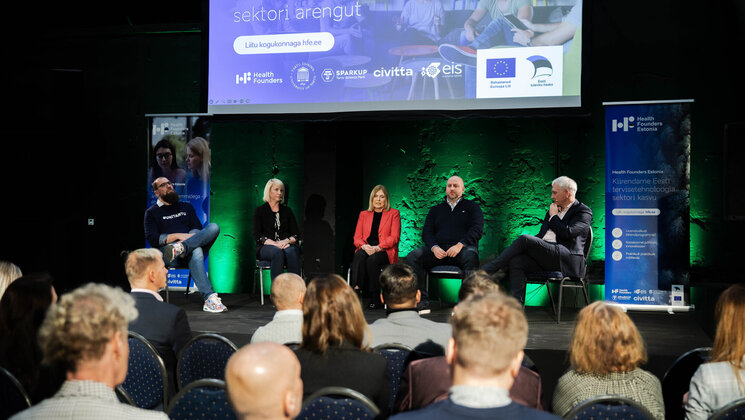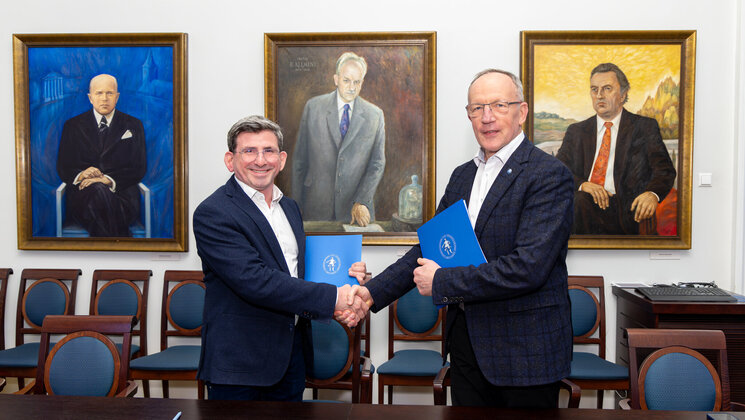-
Faculty of Arts and HumanitiesJakobi 2, r 116-121 51005 Tartu linn, Tartu linn, Tartumaa ESTJakobi 2 51005 Tartu linn, Tartu linn, Tartumaa ESTJakobi 2, IV korrus 51005 Tartu linn, Tartu linn, Tartumaa ESTJakobi 2, III korrus, ruumid 302-337 51005 Tartu linn, Tartu linn, Tartumaa ESTÜlikooli 16 51003 Tartu linn, Tartu linn, Tartumaa ESTLossi 3 51003 Tartu linn, Tartu linn, Tartumaa ESTÜlikooli 18 50090 Tartu linn, Tartu linn, Tartumaa ESTPosti 1 71004 Viljandi linn, Viljandimaa ESTJakobi 2 51005 Tartu linn, Tartu linn, Tartumaa ESTJakobi 2 51005 Tartu linn, Tartu linn, Tartumaa ESTFaculty of Social SciencesLossi 36 51003 Tartu linn, Tartu linn, Tartumaa ESTJakobi 5 51005 Tartu linn, Tartu linn, Tartumaa ESTLossi 36, ruum 301 51003 Tartu linn, Tartu linn, Tartumaa ESTNarva mnt 18 51009 Tartu linn, Tartu linn, Tartumaa ESTNäituse 2 50409 Tartu linn, Tartu linn, Tartumaa ESTNäituse 20 - 324 50409 Tartu linn, Tartu linn, Tartumaa ESTLossi 36 51003 Tartu linn, Tartu linn, Tartumaa ESTRaekoja plats 2 20307 Narva linn, Ida-Virumaa ESTRingi 35 80012 Pärnu linn, Pärnu linn, Pärnumaa ESTLossi 36 51003 Tartu linn, Tartu linn, Tartumaa ESTLossi 36 51003 Tartu linn, Tartu linn, Tartumaa ESTFaculty of MedicineRavila 19 50411 Tartu linn, Tartu linn, Tartumaa ESTBiomeedikum, Ravila 19 50411 Tartu linn, Tartu linn, Tartumaa ESTNooruse 1 50411 Tartu linn, Tartu linn, Tartumaa ESTL. Puusepa 1a 50406 Tartu linn, Tartu linn, Tartumaa ESTL. Puusepa 8 50406 Tartu linn, Tartu linn, Tartumaa ESTRavila 19 50411 Tartu linn, Tartu linn, Tartumaa ESTUjula 4 51008 Tartu linn, Tartu linn, Tartumaa ESTRavila 50411 Tartu linn, Tartu linn, Tartumaa ESTRavila 19 50411 Tartu linn, Tartu linn, Tartumaa ESTFaculty of Science and TechnologyVanemuise 46 - 208 51003 Tartu linn, Tartu linn, Tartumaa ESTNarva mnt 18 51009 Tartu linn, Tartu linn, Tartumaa ESTRiia 23b/2 51010 Tartu linn, Tartu linn, Tartumaa ESTRavila 14a 50411 Tartu linn, Tartu linn, Tartumaa ESTNarva mnt 18 51009 Tartu linn, Tartu linn, Tartumaa ESTRiia 23, 23b - 134 51010 Tartu linn, Tartu linn, Tartumaa ESTObservatooriumi 1 61602 Tõravere alevik, Nõo vald, Tartumaa ESTNooruse 1 50411 Tartu linn, Tartu linn, Tartumaa ESTJ. Liivi tn 2 50409 Tartu linn, Tartu linn, Tartumaa ESTVanemuise 46 51003 Tartu linn, Tartu linn, Tartumaa ESTVanemuise 46 51003 Tartu linn, Tartu linn, Tartumaa ESTArea of Academic SecretaryLossi 3 51003 Tartu linn, Tartu linn, Tartumaa ESTUppsala 6, Lossi 36 51003 Tartu linn, Tartu linn, Tartumaa ESTArea of Head of FinanceÜlikooli 17 51005 Tartu linn, Tartu linn, Tartumaa ESTArea of Director of AdministrationÜlikooli 18A (III korrus) 51005 Tartu linn, Tartu linn, Tartumaa ESTÜlikooli 18, ruumid 102, 104, 209, 210 50090 Tartu linn, Tartu linn, Tartumaa ESTArea of RectorArea of Vice Rector for Academic AffairsUppsala 10 51003 Tartu linn, Tartu linn, Tartumaa ESTÜlikooli 18b 51005 Tartu linn, Tartu linn, Tartumaa ESTArea of Vice Rector for ResearchW. Struve 1 50091 Tartu linn, Tartu linn, Tartumaa ESTArea of Vice Rector for DevelopmentNarva mnt 18 51009 Tartu linn, Tartu linn, Tartumaa ESTVanemuise 46 51003 Tartu linn, Tartu linn, Tartumaa ESTLossi 25 51003 Tartu linn, Tartu linn, Tartumaa EST
University of Tartu helps bring Estonia’s health technology sector to an international level

The University of Tartu, in cooperation with the Tallinn University of Technology, have developed a strategy and action plan for developing health technologies and services for 2023–2028. By the end of the decade, the strategy aims to have at least 200 research-intensive companies with international reach operating in this field in Estonia, helping prevent and treat diseases both in Estonia and worldwide.
Tõnu Esko, Vice Rector for Development of the University of Tartu, believes that the university and Tartu University Hospital have an important role in implementing the strategy. “The University of Tartu is Estonia's only higher education institution teaching medicine, and the university hospital is the only teaching healthcare institution. Collaboration between the two, which we will further strengthen with this comprehensive plan, will stimulate the generation, testing and implementation of innovative ideas,” said Esko. He added that close cooperation with other hospitals, research institutions and government authorities was necessary to achieve the goal. “Improving the researchers’ and students’ entrepreneurial skills and knowledge is also important. In some cases, it also requires attitude adjustment to understand how research and entrepreneurship can go hand in hand and complement one another. Every researcher should be able to see the opportunities of developing their research into a world-changing product or service,” Esko added.
Key objectives of the strategy
- Fostering innovation: creating an environment that encourages and supports new and innovative initiatives in the health technology sector.
- Supporting exports: boosting the international profile of Estonia’s health technology sector by contributing to the growth of exporting companies.
- Enhancing regulatory expertise in the sector: strengthening the knowledge and skills to better adapt to the sector’s rapid development and solving regulatory issues.
- Increasing the number of specialists in the sector: ensuring an increase in the number of competent and experienced health technology experts for the sector’s sustainable growth.
- Increasing funding opportunities and access to capital: developing structures and measures to expand funding opportunities and facilitate capital involvement.
The strategy and the action plan can be found on the university’s website (in Estonian).
The strategy and the action plan were completed within the project “Services for the Creation and Development of Knowledge-based Start-ups and Development of the Knowledge-based Business Ecosystem in Estonia”. The project partners are the University of Tartu, Tallinn University of Technology, Tartu Science Park and the Tehnopol Science and Business Park. The Startup Estonia programme (no. EU60971) funded the project under the European Regional Development Fund and was implemented in cooperation with AS SmartCap.
Read more similar news





